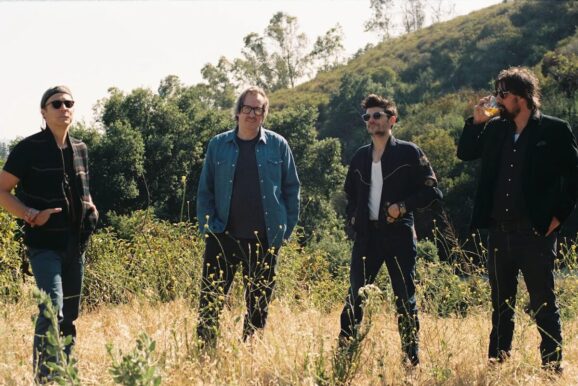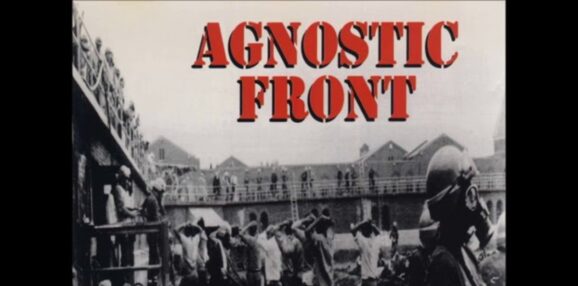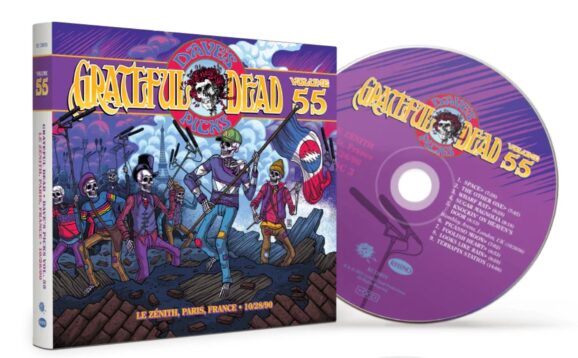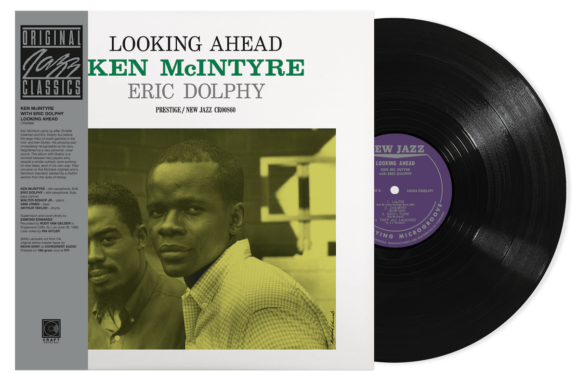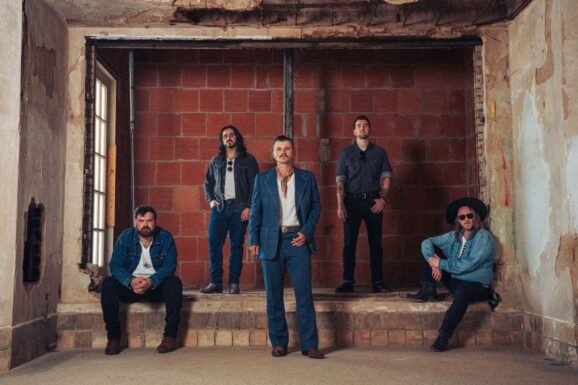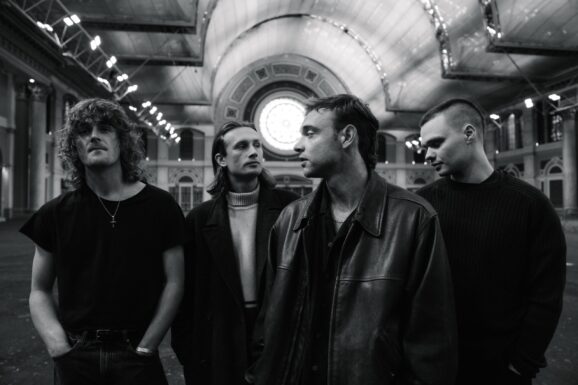Ascension is the second in the series of four albums from The Tedeschi Trucks Band in their “I Am the Moon” series, each in the 35-40-minute range, released roughly at monthly intervals, each preceded by a film premiere. The concept behind I Am The Moon, the band’s fifth studio recording, was suggested by vocalist Mike Mattison in May 2020, two months after the band shut down touring due to the pandemic. The 12th-century poem Layla & Majnun by Persian poet Nizami Ganjavi was the title inspiration for Eric Clapton’s 1970 double-LP with Derek and the Dominos, Layla and Other Assorted Love Songs – an influential album for TTB, who issued their own version of the classic in 2021, covered on these pages as was this first installment, Crescent.
I Am The Moon was written collectively and collaboratively, with band members contributing their own unique perspectives on the work. We hear TTB capturing in the studio what it does so well on stage, namely engaging every member of the 12-piece band in a beautifully conversational way. Horns, voices, keys, drums, bass, and guitars rise, fall, and weave around each other. The goal to entice listeners into opening themselves up to the variety in this multifaceted, emotionally resonant.
Ascension has seven tracks. The funky “Playing With My Emotions” opens with Susan on the lead vocal. Right away the horns are punchy and the background singers around the choruses, after the second and third of which the unmistakable piercing bluesy lead of Derek raises the intensity. This is a great example of getting all 12 members involved. “Ain’t That Something” has Gabe Dixon out front on the lead vocal to a snappy beat and a rousing group vocal led by Tedeschi. Soul, gospel, and blues mash-up beautifully as Derek and Gabe Dixon on B3 lead the animated conversation over swelling horns. The tempo ratchets down to mid-tempo as Tedeschi returns on the vocal lead for “All the love.” As she accentuates the lyric “love falls down” the music melts away and she sings beautifully with the sparest of accompaniment before the band builds it back up, dissolving away only to leave Dixon’s piano and the subtle beats of the twin drummers before Derek enters with the kind of ascending, spiraling solo that only he could craft, moving carefully and meticulously, leaving us hanging on every note as the horns hint at an explosive climax that never really arrives.
“So Long Savior” has Susan singing gospel-like to Truck’s lead and Boone’s acoustic resonator, as the rhythm section builds a pulsating rhythm. “Rainy Day” settles in easily to the sound of Truck’s slide, Tedeschi’s vocal, Dixon’s piano, and a restrained band that allows the background vocal harmonies to shine through nicely, building as Truck’s guitar enters and the band locks in with Tedeschi wailing above the joyous noise. “Li Di Da” features Susan in a slow shuffle taking us to church with the horns and background singers joining her on the uplifting choruses as Derek plays his trademark slide. The closing “Hold That Line” begins with Truck’s guitar expressing the relaxed blues before Susan, the singers, and horns enter only to pass the baton back to the guitarist, repeating the sequence as Trucks digs in, and again the band gently fades.
This reads as primarily a feature for the two bandleaders as opposed to the wider-ranging first installment but true to form, they involve all the band members, albeit a bit more judiciously. They keep the tempos and the solos a bit more restrained too, to the overriding theme of tension, mixing up genres like few bands can.




